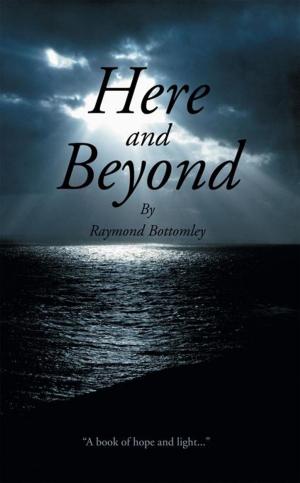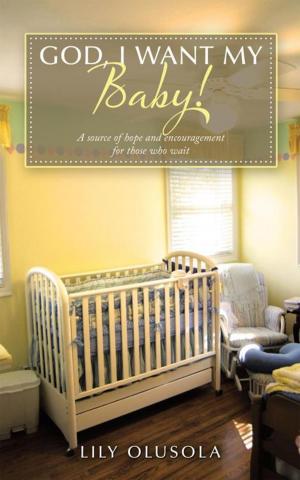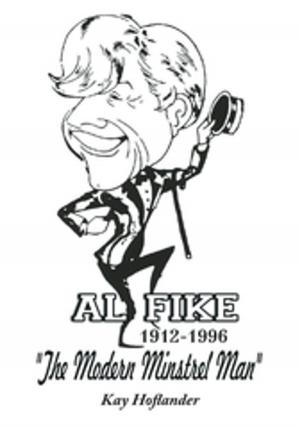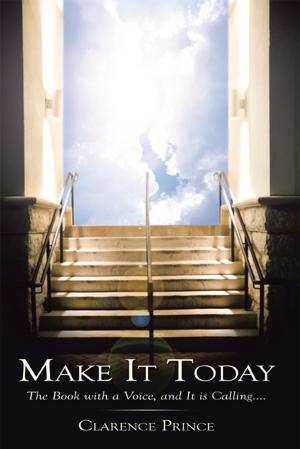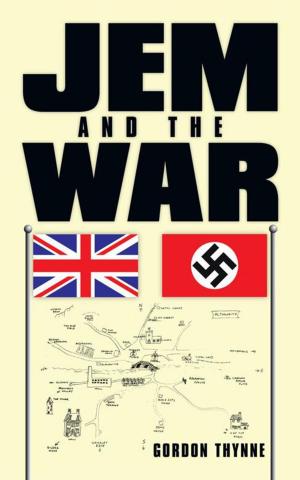Araba Let's Separate
The Story of the Nigerian Civil War
Science Fiction & Fantasy, Historical, Fiction & Literature| Author: | Ayuba Mshelia | ISBN: | 9781468529722 |
| Publisher: | AuthorHouse | Publication: | January 26, 2012 |
| Imprint: | AuthorHouse | Language: | English |
| Author: | Ayuba Mshelia |
| ISBN: | 9781468529722 |
| Publisher: | AuthorHouse |
| Publication: | January 26, 2012 |
| Imprint: | AuthorHouse |
| Language: | English |
Araba(separation) was a word first used by rioters at a Bauchi demonstration signaling the Northern peoples desire to break from the federal republic of Nigeria. The catalyst for its first use was the cold-blooded murder of some prominent Northern elites, including the Premier of the North, Sir Ahmadu Bello, the Sardauna of Sokoto, by predominantly Igbo officers, on January 15, 1966
Araba became a rallying cry for the Norths disaffection with the state of affairs after Irons promulgation of the obnoxious decree No 34, making Nigeria a unitary state. In some quarters, it became resonant and synonymous with the rampant killing of Igbos in the North. These killings (similar things were happening to Northerners in the East) necessitated the mass movement of Igbos to the East and Northerners to the Northern territories.
The Norths disaffection with decree No 34 led to the overthrow of Irons regime by predominantly Northern officers, led by, amongst others, M. Muhammed. However, military decorum and Northern political leadership demanded Muhammed defer to Gowon, even though Gowon was never part of the coup plan or a strong supporter of it. Indeed, if anything, he tried to quell it.
The abrogation of decree No 34 and the creation of the twelve-state structure by Gowon was the final straw that broke the camels back for Ojukwu, who consequently proclaimed his territorys secession from Nigeria and the creation of an independent republic of Biafra formed out of the Eastern states. The seed for a bloody civil war was thus cast, and for four years the East felt the worst for it. However, the magnanimity of a blanket amnesty given to all the rebel soldiers at the end of hostilities was admirable, and an intelligent piece of statecraft, responsible for the easy and smooth absorption of those in the East into the economic and political life of the country.
Araba(separation) was a word first used by rioters at a Bauchi demonstration signaling the Northern peoples desire to break from the federal republic of Nigeria. The catalyst for its first use was the cold-blooded murder of some prominent Northern elites, including the Premier of the North, Sir Ahmadu Bello, the Sardauna of Sokoto, by predominantly Igbo officers, on January 15, 1966
Araba became a rallying cry for the Norths disaffection with the state of affairs after Irons promulgation of the obnoxious decree No 34, making Nigeria a unitary state. In some quarters, it became resonant and synonymous with the rampant killing of Igbos in the North. These killings (similar things were happening to Northerners in the East) necessitated the mass movement of Igbos to the East and Northerners to the Northern territories.
The Norths disaffection with decree No 34 led to the overthrow of Irons regime by predominantly Northern officers, led by, amongst others, M. Muhammed. However, military decorum and Northern political leadership demanded Muhammed defer to Gowon, even though Gowon was never part of the coup plan or a strong supporter of it. Indeed, if anything, he tried to quell it.
The abrogation of decree No 34 and the creation of the twelve-state structure by Gowon was the final straw that broke the camels back for Ojukwu, who consequently proclaimed his territorys secession from Nigeria and the creation of an independent republic of Biafra formed out of the Eastern states. The seed for a bloody civil war was thus cast, and for four years the East felt the worst for it. However, the magnanimity of a blanket amnesty given to all the rebel soldiers at the end of hostilities was admirable, and an intelligent piece of statecraft, responsible for the easy and smooth absorption of those in the East into the economic and political life of the country.

